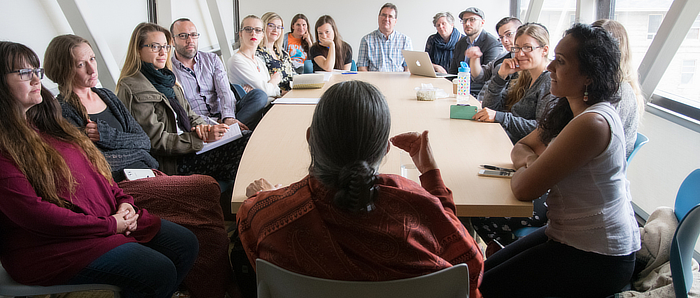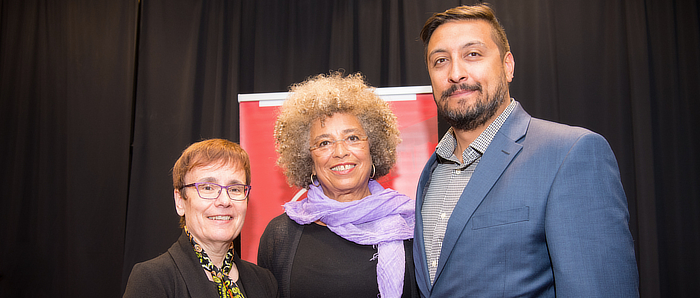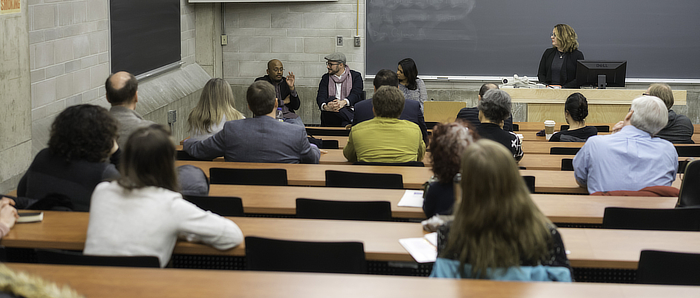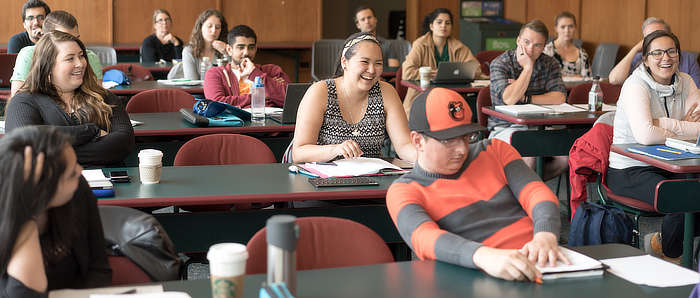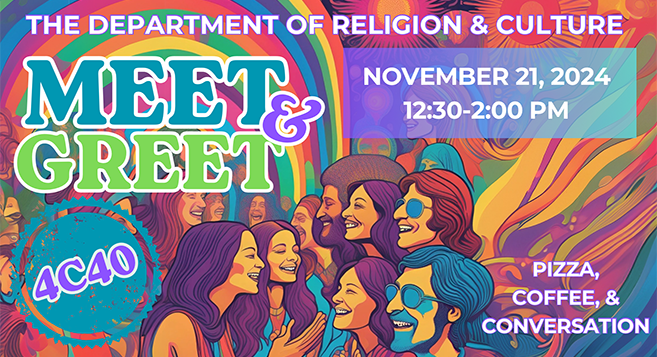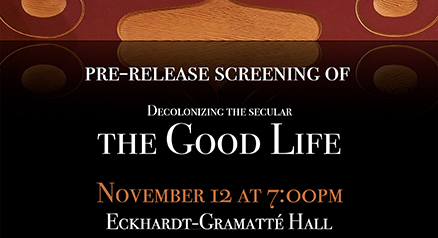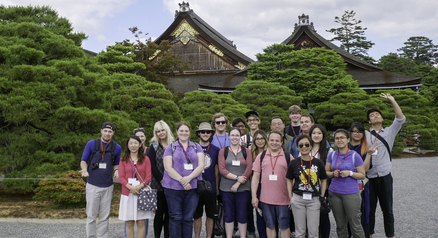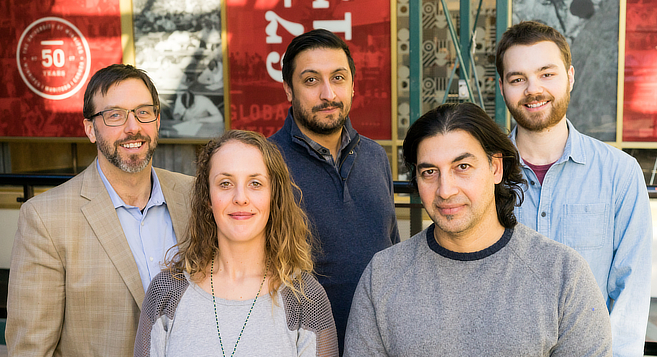Religion & Culture
The study of religion aims to understand religious thought and practices as aspects of the culture and society that produced them. It offers an opportunity to explore beliefs and ideas, philosophies and mythologies, rituals and symbols, etc., that shape the cultures and civilizations of the world both in historical perspective and as contemporary phenomena. In the process of this exploration, the Religion & Culture program sensitizes students to the variety of traditions, commitments, and cultures which exist in our world, both globally and locally. It also provides an environment for students to thoughtfully reflect upon their own religious traditions and experiences as well as to think about issues and problems of modern life from a variety of perspectives.
The introductory courses are open to all students. They provide an opportunity to survey the diversity of religion in either the contemporary Canadian or the global context, or to explore the biblical roots of Judeo-Christian tradition. General interest courses are also offered at the 2000 level, and are open to all students without prerequisite. These courses do not presuppose previous knowledge or background and enable students to focus either on particular religious traditions (Aboriginal, Buddhist, Biblical, etc.) or on contemporary issues in religion (sexuality, technology, new religions, popular culture, etc.). Departmental faculty members have particular interests and strengths in the areas of religion and modern culture, mythology, Chinese and Japanese religions, Buddhist traditions, aboriginal traditions, Hebrew Bible/Old Testament, and gender studies. The Major program, leading to either a 3-Year BA, a 4-Year BA, or a 4-Year Honours BA, is designed to provide an opportunity to explore a variety of religious traditions and topics as well as to concentrate on areas of particular interest. The Department also participates in a Joint Masters Program in Religion with the University of Manitoba.
Graduates who are interested in fields where human interaction and/or multiculturalism are significant factors, such as education, mediation services, social work, international business and international development, employee relations, immigration services and certain areas of law and the justice system, benefit greatly from courses in Religion & Culture.
Looking for more information? Please fill out the form below.


